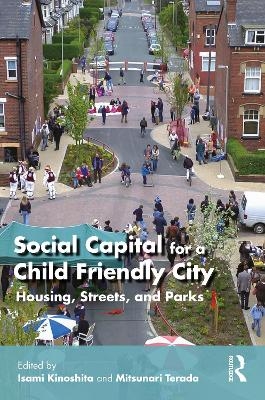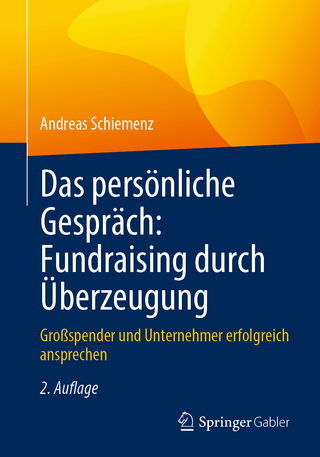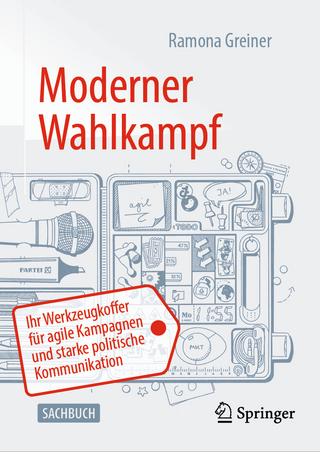
Social Capital for a Child Friendly City
Routledge (Verlag)
978-1-032-59781-2 (ISBN)
- Noch nicht erschienen (ca. Dezember 2024)
- Versandkostenfrei innerhalb Deutschlands
- Auch auf Rechnung
- Verfügbarkeit in der Filiale vor Ort prüfen
- Artikel merken
Social Capital for a Child-Friendly City argues for the importance of relationship networks (social capital) in children’s growth and socialization, and explores how child-friendly social capital can be cultivated through urban planning and community development. As outdoor play decreases and children spend more time online, Kinoshita and Terada return to John Dewey’s proposal that social capital is essential for nurturing the next generation and establish a democratic and sustainable society. The book features examples from Sweden, Finland, Germany, Switzerland, the UK, and Japan, exploring methods for cultivating social capital and spaces for children to play and develop in cooperative housing, outdoor play spaces, streets, parks, and neighborhoods. This book will be of use to students and practitioners of urban planning and landscape architecture, as well as any community leaders or developers seeking to foster a nurturing environment where children can flourish.
Isami Kinoshita is a Professor at Otsuma Women’s University and Professor Emeritus at Chiba University. Mitsunari Terada (Charlie) is a landscape planner and researcher, and is an Assistant Professor at Nippon Sport Science University.
Part I Introduction: Children’s Outdoor Play and Social Capital 1. Swinging in the Virtual Playground: Children's Perspectives on Green Time and Screen Time 2. Social Capital and Children’s Outdoor Play Part II Cooperative and Collective Housing Spaces 3. Requirements of Community and Individual Development on Outdoor Space Design: From Freidorf, Switzerland 4. The “Ackermanbogen” in Munich as a Modern Child Friendly Urban Village 5. Child Rearing Social Capital of Collective Housing in Japan Part III Play Spaces and the Bullerby Model 6. Children’s Planned and Unplanned Places of Play and Encounter in West-Herttoniemi, Helsinki 7. Bullerby and the Value of Physical Environments for Social Capital: A Swedish Example in Times of Change 8. Bullerby Children in Today’s Japan: How They Play and Who Supports Them Part IV Streets, Parks, and Neighborhoods 9. Children’s Outdoor Play and Social Capital: Insights from One London Housing Scheme 10. Sharing the Street and Town is Essential for Children’s Growth: From the Perspective of ‘Machi Hoiku (Community-Embedded Nursery)’ Part V Conclusion 11. Conclusion: Pattern Language to Raise Social Capital for a Child-Friendly City
| Erscheint lt. Verlag | 1.12.2024 |
|---|---|
| Zusatzinfo | 5 Tables, black and white; 12 Line drawings, black and white; 148 Halftones, black and white; 160 Illustrations, black and white |
| Verlagsort | London |
| Sprache | englisch |
| Maße | 156 x 234 mm |
| Themenwelt | Sozialwissenschaften ► Kommunikation / Medien ► Kommunikationswissenschaft |
| Sozialwissenschaften ► Soziologie ► Spezielle Soziologien | |
| Technik ► Umwelttechnik / Biotechnologie | |
| ISBN-10 | 1-032-59781-X / 103259781X |
| ISBN-13 | 978-1-032-59781-2 / 9781032597812 |
| Zustand | Neuware |
| Haben Sie eine Frage zum Produkt? |
aus dem Bereich


